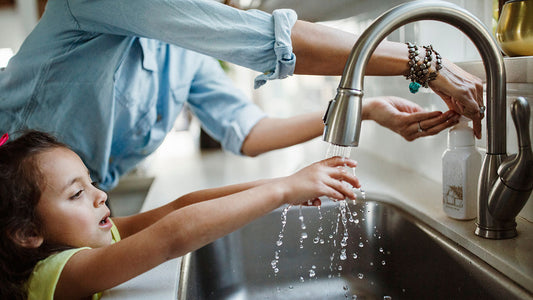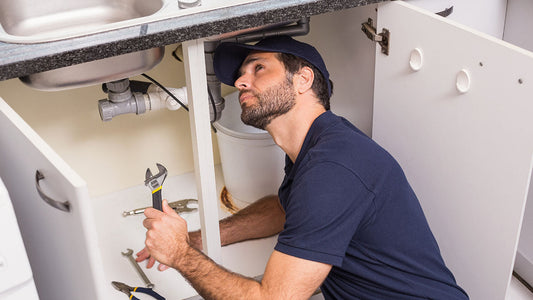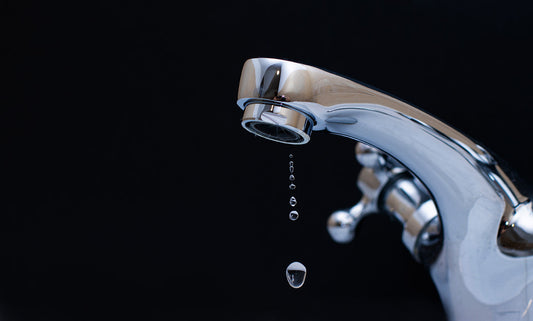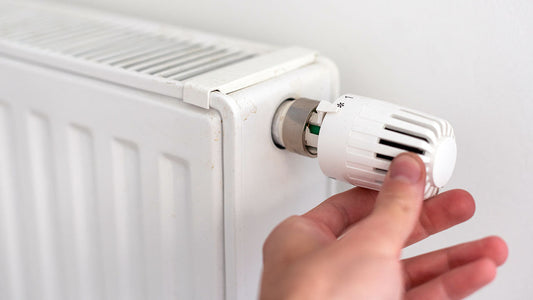
Tools Every Plumber Needs
Plumbers are the unsung heroes of our homes and businesses, ensuring our water flows smoothly and our drains remain clog-free. But behind every successful plumbing job is a well-equipped plumber, armed with the right tools to tackle any challenge. Whether you're a seasoned professional or a DIY enthusiast tackling a leaky faucet, having the correct tools is crucial for efficient and effective plumbing. This blog post will delve into the essential tools every plumber needs, from the basic necessities to the specialized equipment that can handle even the most complex jobs.
The Foundation: Essential Hand Tools
No plumber's toolkit is complete without a solid foundation of reliable hand tools. These are the workhorses of the trade, used for everyday tasks and forming the basis for more specialized work.
- Pliers: A variety of pliers are essential. Slip-joint pliers are versatile for gripping and adjusting, while tongue-and-groove pliers (like Channel Locks) provide superior grip for larger pipes and fittings. Needle-nose pliers are perfect for intricate work in tight spaces.
- Wrenches: Adjustable wrenches are a must-have for tightening and loosening nuts and bolts of various sizes. Pipe wrenches, with their serrated jaws, offer a firm grip on pipes. Basin wrenches are designed specifically for reaching those hard-to-access nuts under sinks and faucets.
- Screwdrivers: A set of screwdrivers, both Phillips and flathead, in various sizes, is essential for assembling and disassembling plumbing fixtures.
- Hacksaw: A hacksaw is crucial for cutting pipes and other materials. A good hacksaw should have a sturdy frame and sharp blades that can be easily replaced.
- Tape Measure: Accurate measurements are critical in plumbing. A reliable tape measure ensures precise cuts and fittings.
- Plunger: Every plumber, and homeowner, should own a plunger. A flange plunger is the most effective type, creating a tight seal for clearing clogs in toilets and drains.
- Plumber's Putty: This pliable sealant is used to create a watertight seal around fittings and prevent leaks.
- Teflon Tape (Thread Sealant Tape): This tape is wrapped around pipe threads to create a leak-proof seal. It's a must-have for preventing drips and ensuring a tight connection.
Expanding the Arsenal: Specialized Tools
While hand tools cover the basics, specialized tools are necessary for tackling more complex plumbing issues.
- Pipe Cutter: A pipe cutter provides clean, straight cuts on pipes, much more efficiently than a hacksaw, especially for larger pipes.
- Drain Snake (Auger): A drain snake is used to clear clogged drains. It's a flexible cable that can be fed into pipes to break up or remove obstructions. Different sizes and types of snakes are available for various drain sizes and clogs.
- Toilet Auger (Closet Auger): Specifically designed for clearing toilet clogs, a toilet auger is less likely to damage the porcelain bowl than a standard drain snake.
- Hydro Jetter: For stubborn clogs that a drain snake can't handle, a hydro jetter uses high-pressure water to blast away blockages. This is a more professional-grade tool often used by plumbing services.
- Leak Detection Tools: These tools can help pinpoint the source of hidden leaks, saving time and preventing unnecessary damage. They can range from simple moisture meters to more sophisticated acoustic listening devices.
- Camera Inspection System: A camera inspection system allows plumbers to visually inspect the inside of pipes, identifying clogs, leaks, and other issues. This is invaluable for diagnosing problems without resorting to destructive methods.
- Soldering Torch and Supplies: For joining copper pipes, a soldering torch and associated supplies like flux and solder are essential. Soldering creates a strong, permanent connection.
- Crimping Tool: For PEX plumbing systems, a crimping tool is used to create secure connections between pipes and fittings. PEX is becoming increasingly popular due to its flexibility and ease of installation.
Safety First: Essential Protective Gear
Plumbing can involve working with hazardous materials and in challenging environments. Protecting yourself is paramount.
- Safety Glasses: Protect your eyes from debris, chemicals, and other hazards.
- Gloves: Wear gloves to protect your hands from dirt, bacteria, and sharp objects.
- Work Boots: Sturdy work boots provide foot protection and prevent slips and falls.
- Knee Pads: Plumbers often spend a lot of time kneeling, so knee pads can provide essential comfort and support.
Beyond the Tools: The Importance of Knowledge and Skill
While having the right tools is essential, they are only effective in the hands of a skilled plumber. Knowledge of plumbing codes, techniques, and problem-solving skills are just as important. Continuous learning and staying up-to-date with the latest technologies and best practices are crucial for success in the plumbing profession.
Building Your Toolkit:
Starting a plumbing toolkit can seem daunting, but it doesn't have to be. Begin with the essential hand tools and gradually add specialized tools as needed. Investing in quality tools will pay off in the long run, as they will be more durable and reliable. Consider purchasing tools from reputable brands and look for warranties that offer added protection.
Whether you're a professional plumber or a DIY enthusiast, having the right tools is essential for tackling any plumbing job effectively and efficiently. By investing in the tools outlined in this blog post, you'll be well-equipped to handle everything from a leaky faucet to a major drain blockage. Remember, the right tool combined with the right knowledge is the key to plumbing success!













